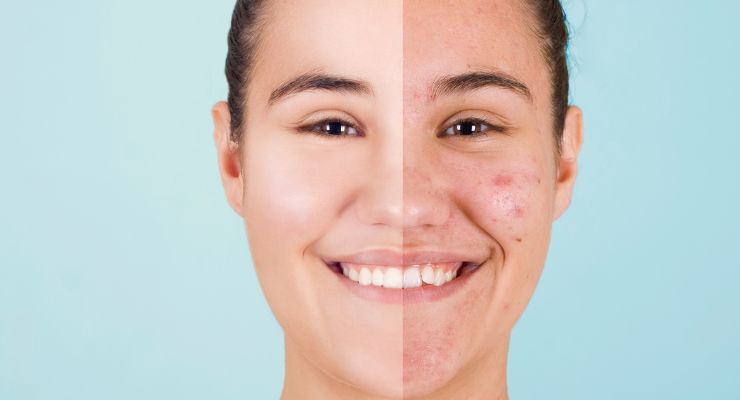11.28.23
Compared to a non-standardized black seed oil, TriNutra’s B’utyQuin, which is standardized to USP specifications, had a greater influence in reducing pathogens associated with acne and oily skin, a new in vitro study published in the SOFW Journal found.
B’utyQuin, which is a black seed oil standardized to 3% thymoquinone and less than 2% free fatty acids, was able to curb the overgrowth of microorganisms, particularly Propionibacterium acnes, while no inhibitory effect was observed in the non-standardized black seed oil. The non-standardized black seed oil had a thymoquinone content of less than 1%, and a relatively high free fatty acid content of over 9%.
By the end of the incubation period, P. acnes was completely absent from the diversity culture into which B’utyQuin was introduced, the company reported. On the contrary, growth of P. acnes was enhanced by 108% in the presence of the non-standardized black seed oil.
Black seed oil, when standardized to particular thymoquinone and free fatty acid levels, is evidenced to reduce sebum production, and it’s thought that it can reduce P. acnes as a result of cutting of the bacteria’s primary food source.
“We are thrilled with the strong results demonstrating that B’utyQuin is a superior product with effective skin healing properties and potent antimicrobial effects,” said Liki von Oppen-Bezalel, PhD, business development director at TriNutra. “This study lends additional support to earlier analysis of B’utyQuin and its positive skin health properties as a topical and oral supplement.”
B’utyQuin has been evidenced in prior in vitro and clinical studies to improve multiple aspects of aging skin, such as hydration, elasticity, firmness, and luminosity, and benefit dryness, itchiness, and scaliness on the skin and scalp.
B’utyQuin, which is a black seed oil standardized to 3% thymoquinone and less than 2% free fatty acids, was able to curb the overgrowth of microorganisms, particularly Propionibacterium acnes, while no inhibitory effect was observed in the non-standardized black seed oil. The non-standardized black seed oil had a thymoquinone content of less than 1%, and a relatively high free fatty acid content of over 9%.
By the end of the incubation period, P. acnes was completely absent from the diversity culture into which B’utyQuin was introduced, the company reported. On the contrary, growth of P. acnes was enhanced by 108% in the presence of the non-standardized black seed oil.
Black seed oil, when standardized to particular thymoquinone and free fatty acid levels, is evidenced to reduce sebum production, and it’s thought that it can reduce P. acnes as a result of cutting of the bacteria’s primary food source.
“We are thrilled with the strong results demonstrating that B’utyQuin is a superior product with effective skin healing properties and potent antimicrobial effects,” said Liki von Oppen-Bezalel, PhD, business development director at TriNutra. “This study lends additional support to earlier analysis of B’utyQuin and its positive skin health properties as a topical and oral supplement.”
B’utyQuin has been evidenced in prior in vitro and clinical studies to improve multiple aspects of aging skin, such as hydration, elasticity, firmness, and luminosity, and benefit dryness, itchiness, and scaliness on the skin and scalp.




























